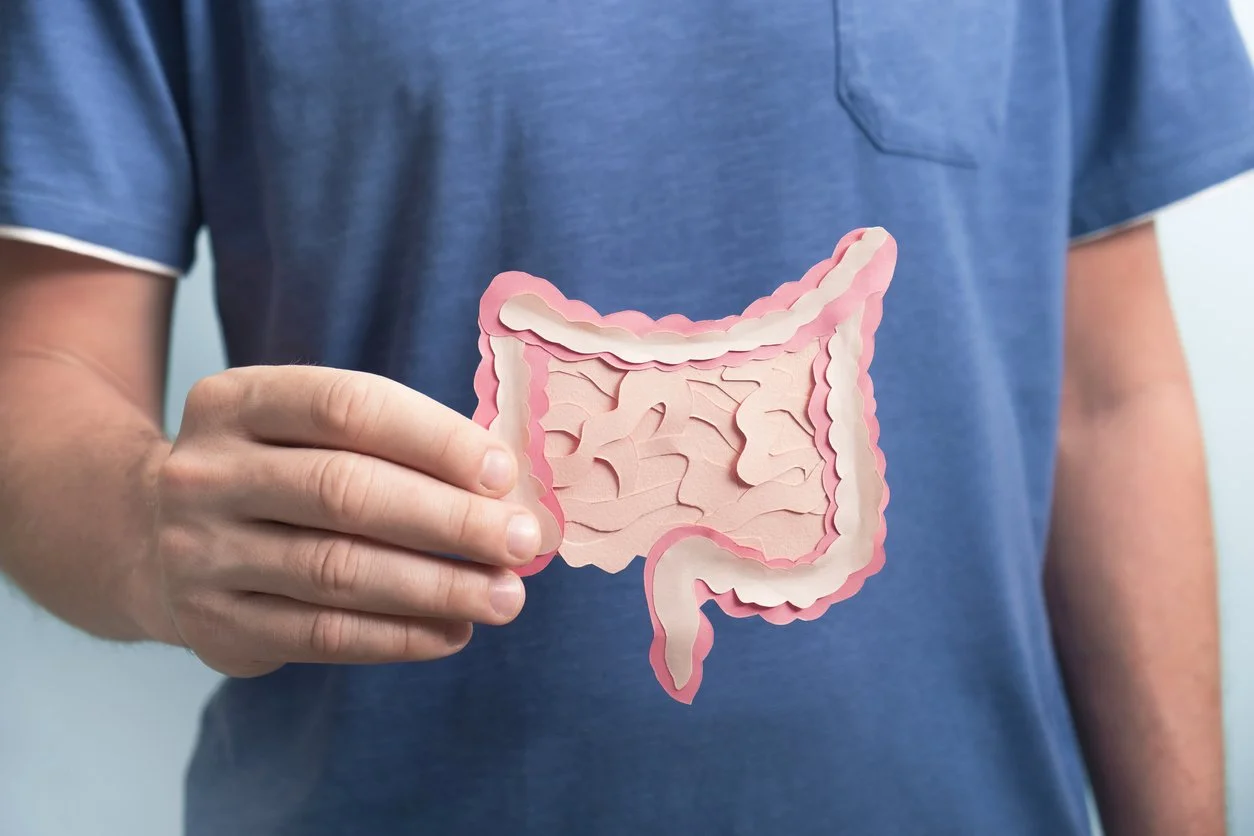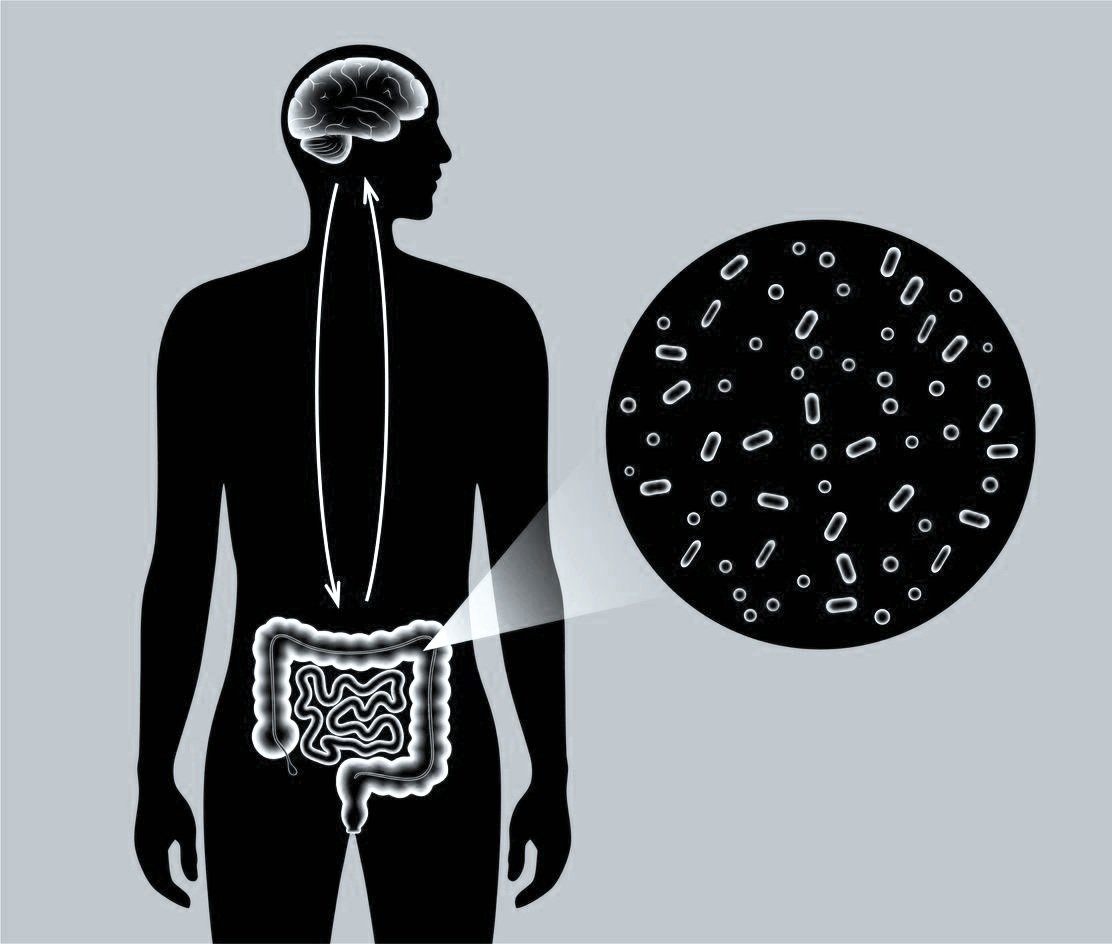nutritionAL THERAPY & support for the management of GUT & digestive disorders
WHAT IS A CLINICAL NUTRITIONIST & HOW CAN I HELP YOU?
Hi, I’m Rebecca - Clinical Nutritionist and Certified Healthy Gut Practitioner.
I work via TELEHEALTH to support clients experiencing gut & digestive disorders
to improve their health and wellbeing.
As a Clinical Nutritionist, I view each person as bioindividual. I take an holistic approach to health, and whilst working to address YOUR immediate symptoms and health concerns, I will also seek to uncover the ‘root cause’ so as to improve overall health and wellbeing for the long-term.
The use of ‘food as medicine’ is a key component of nutrition therapy, coupled with lifestyle interventions, and nutritional supplementation and testing (e.g. stool or microbiome analysis) where required.
I will listen to your health concerns, help you to identify any barriers, and provide you with straightforward and easy-to-digest (see what I did there!)
information, solutions and support to help YOU to achieve YOUR health goals.
It is important to note there is no ‘magic pill’ when it comes to nutrition therapy – diet and lifestyle modification are the foundations of this therapy.
Therefore, YOUR willingness to make changes (and the changes don’t always have to be huge) play a critical role in determining YOUR health outcomes.
Resolving chronic health issues can take time, and I am committed to forming a strong partnership with YOU, to support YOU, to achieve YOUR health goals.
Gut & digestive disorders that a clinical NUTRITIONIST can assist with INCLUDE:
-Excessive gas, belching, bloating
-Constipation, diarrhea
-Dyspepsia, reflux, GORD/GERD
-Irritable bowel syndrome
-FODMAP and food intolerances
-SIBO, SIFO, IMO
-Coeliac disease, Non-coeliac gluten intolerance/sensitivity
-Diverticular disease
-Gastritis
- Microbiome rehabilitation following illness, infection, medication or surgery/medical procedures (e.g. gastroenteritis, 'Bali belly', blastocystis, cryptosporidium, pinworms, giardia lamblia, and post antibiotic use or gastroscopy/colonoscopy)
WHY IS GUT HEALTH SO IMPORTANT?
Your gut is your second brain - the gut-brain axis
The gut and brain are connected bi-directionally via the nervous system - this is referred to as the gut-brain axis -
which communicates messages back and forth relating to hunger, satiety, muscle contraction, digestive secretions,
heart rate, fear, anxiety and happiness.
Your gut is where neurotransmitters are produced
The majority of serotonin production occurs in the gut, which contributes to feelings of happiness and controls your circadian rhythm. Dopamine (pleasure, motivation, satisfaction) and GABA (fear and anxiety) are also produced in the gut.
Your gut is home to trillions of microbes
In fact you are more microbe than human, with microbes (and bacteria) making up 70-90% of your body’s cells. Gut microbes are involved in a range of functions such as digestion, nutrient production and absorption, and metabolism.
Your gut contains 70-80% percent of your immune system
The gut microbiome also plays a role in regulating immunity and providing protection from pathogens. Diet and nutrition therefore influences not only the composition of the microbiome, but also the immune system.
WHAT CAUSES POOR GUT HEALTH?
Disturbances in the balance of microbes within the gut occur when there are too few beneficial bacteria and an overgrowth of harmful bacteria - this is referred to as dysbiosis.
Dysbiosis can be caused by a range of factors, including:
poor diet (e.g. low fibre; high protein, fat or sugar)
stress
medications (e.g. antibiotics, antacids, proton-pump inhibitors)
alcohol
environmental exposures (e.g. chemicals, pesticides)
poor oral health
chemo/radiotherapy
surgery
and infections (e.g. gastroenteritis).
Dysbiosis can lead to bloating and discomfort, inflammation, intestinal permeability,
bacterial overgrowth (e.g. SIBO), food intolerances, nutrient deficiencies, altered immunity and
mood disorders!
The gut is therefore a vital organ, and gut health plays a critical role in our overall health and wellbeing!
WHAT ARE SOME OF THE SYMPTOMS OF gut & digestive disorders?
The following symptoms can be related to disorders of the gut and digestive system:
Digestive discomfort, cramping, abdominal pain
Bloating, belching, flatulence
Heartburn/reflux and indigestion
Loss of appetite
Unexplained weight loss
A change in bowel habits, constipation and diarrhea
Excessive gurgling, rumbling or squeaking
Nausea, vomiting
Blood in the stool
Fatigue, anaemia
Do you suffer from gut & digestive symptoms or disorders?
Are you sick of putting up with the discomfort it brings?
Do you want to learn how to optimise your gut health to enhance overall wellbeing?
Are you ready to to make a real commitment to improving YOUR health?
Book now, and together let’s take the first step to changing YOUR health for the better!





